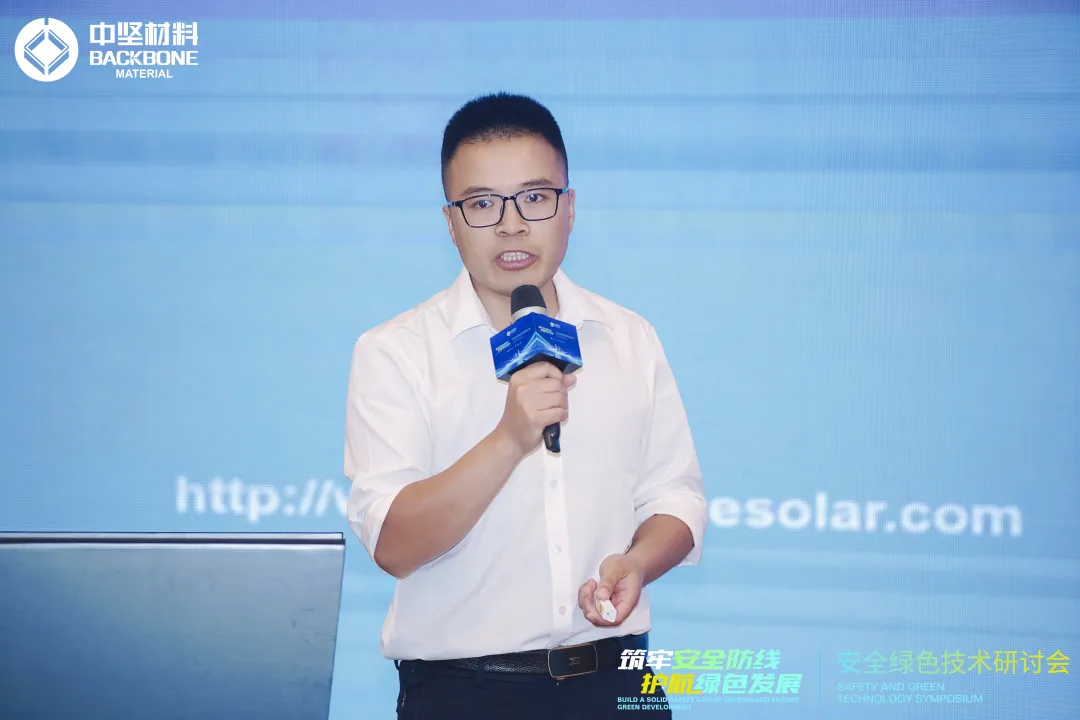AI-Driven Recession Fears: Klarna CEO Warns of White-Collar Job Disruption

The rise of AI is no longer a futuristic concept; it's a present reality reshaping industries and economies. While AI offers incredible opportunities for increased efficiency, innovation, and growth, Siemiatkowski's cautionary statement underscores the potential downsides – particularly the risk of significant job losses in sectors traditionally considered secure. He's not alone in his concerns; economists and business leaders globally are grappling with the implications of AI’s accelerating adoption.
The Automation Wave: Beyond Customer Service
Klarna's experience with its AI assistant is just the tip of the iceberg. AI is now capable of performing a wide range of tasks that were once the exclusive domain of human employees. This includes data analysis, content creation, legal research, financial modeling, and even aspects of software development. As AI models become more sophisticated, their ability to automate complex cognitive tasks will only increase, potentially impacting a broader range of white-collar professions.
The Recession Risk: A Domino Effect
Siemiatkowski’s fear of a recession stems from the potential for a significant decrease in consumer spending if a substantial number of white-collar workers lose their jobs. Job losses lead to reduced income, which translates into less spending, impacting businesses and potentially triggering a downward economic spiral. While retraining and upskilling initiatives are often proposed as solutions, the speed of AI's advancement may outpace the ability of the workforce to adapt.
Navigating the AI Revolution: A Call for Proactive Measures
The challenge lies in harnessing the benefits of AI while mitigating its potential risks. This requires a multi-faceted approach involving governments, businesses, and individuals:
- Investment in Education and Retraining: Equipping workers with the skills needed to thrive in an AI-driven economy is crucial.
- Social Safety Nets: Strengthening unemployment benefits and exploring alternative income support models may be necessary to cushion the impact of job displacement.
- Responsible AI Development: Prioritizing ethical considerations and ensuring AI systems are used in a way that benefits society as a whole.
- Promoting Innovation in New Industries: Fostering the growth of sectors that complement AI and create new job opportunities.
The AI revolution is inevitable, and its impact on the job market and the economy will be profound. Sebastian Siemiatkowski’s warning serves as a wake-up call, urging us to proactively address the challenges and ensure a future where AI and human workers can coexist and contribute to a thriving economy. Ignoring these concerns could lead to a painful and unnecessary recession.




.jpg?itok=euJi3YdZ)
